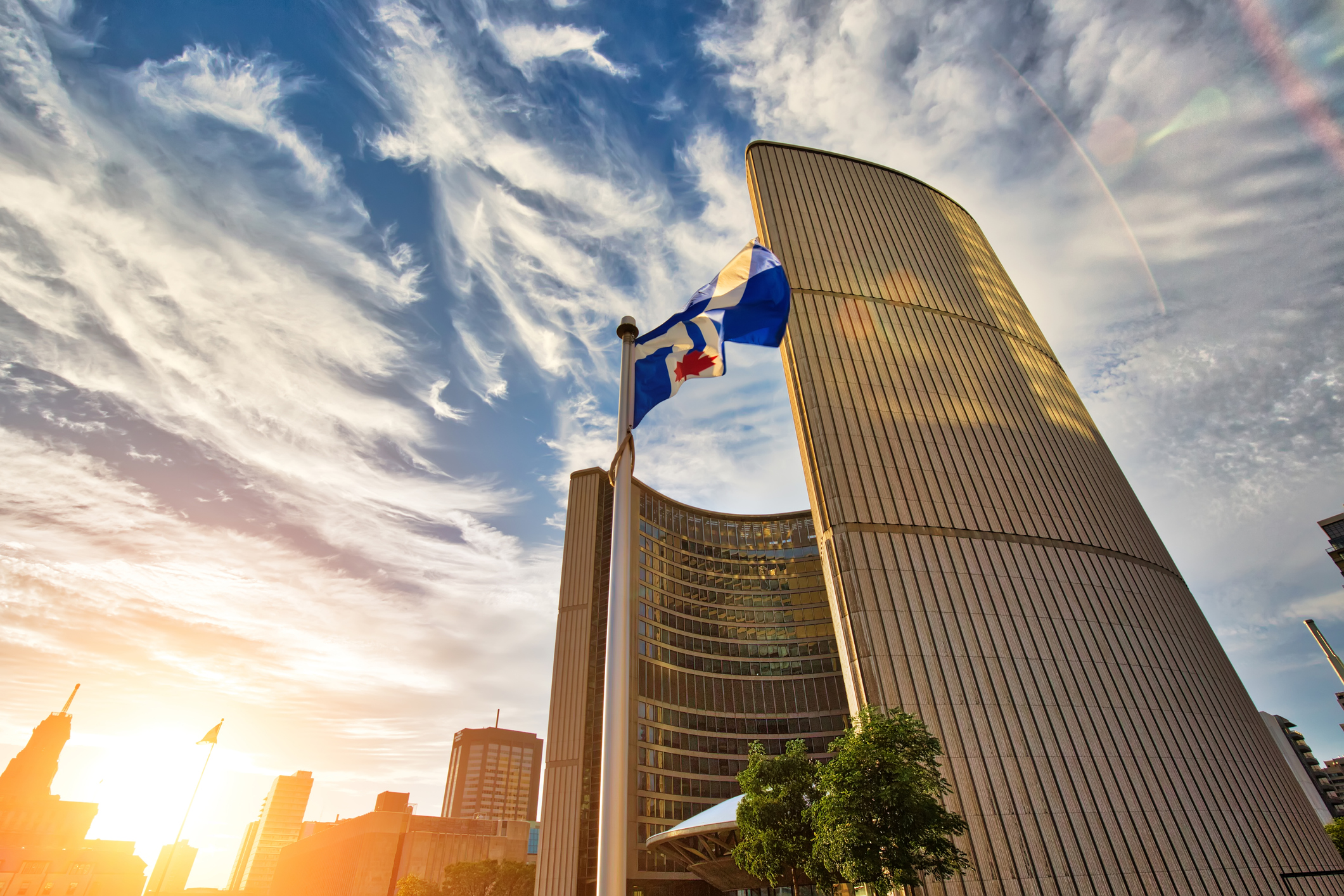Wellesley Institute is publishing a series examining how mayoral candidates can show leadership and deliver Toronto the Bold—a city that takes wellness, health and equity seriously to build a better future for every Torontonian, and that takes the lead on doing so. First, we examine housing, an issue we expect candidates will spend a great deal of time on.
Wellesley Institute has outlined a vision for a Toronto in which every individual or family pays no more than 30 per cent of their income for a healthy, adequate home that meets their needs.
Attention is being paid by all levels of government to “housing affordability,” as the cost of a home has gone beyond the reach of many residents. The provincial expert panel, provincial changes, and the City’s ongoing Housing Action Plan all seek to address this. We hope these proposals will make progress for Torontonians who do not have what they need to Thrive— to live a healthy, meaningful life.
A focus on “housing affordability,” now that it has become a problem for middle-class voters, may cause leaders to miss the more acute need to address affordable, healthy housing for all. Mayoral candidates should construct their plans from the bottom up and explain how what they propose will help those who need their help the most.
We have previously called for the City’s Housing Action Plan to be subject to a public Health Equity Impact Assessment to ensure it will help those most in need. Important questions to be answered include how many homes will be affordable for low income individuals, whether the plan to construct tens of thousands of market units will take resources away from efforts to construct affordable housing, and how progress can be made that improves, rather than worsens, economic equity. Every mayoral candidate should commit to ensuring this assessment is completed in consultation with community.
The Housing Action Plan should be amended to ensure it complies with targets laid out in our policy position and be focused first and foremost on ending chronic homelessness within ten years. Mayoral candidates must commit to ensuring the City’s housing and homelessness work:
- Reduces, through municipal action, the net total of persons experiencing homelessness by at least one third by 2033
- Provides the public with tangible targets for Toronto municipal actions that reduce net homelessness by 3.3 per cent every year
- Includes funding and policy changes that will:
- Construct new healthy, affordable, and adequately sized units to ensure everybody who needs one, gets one.
- Make sure these homes include enough supportive housing units, and adequate supports must be funded for everyone needing them. The Toronto Supportive Housing Growth Plan (TSHGP) estimated that 18,000 new supportive housing units would be needed in Toronto alone by 2030. Candidates should take on at least one third of that burden with municipal action
- Ensure enough current affordable units are repaired and updated to ensure the entire stock has been addressed within ten years
- Reduce evictions each year until there are no evictions due to unaffordability or unfair, preventable causes.
Bold leadership for Toronto on housing must put those in need first, assess proposals through a health equity lens, take responsibility rather than passing the buck, and set and meet targets that will end homelessness. That will mean a healthier, stronger, more resilient future for everyone in Toronto
